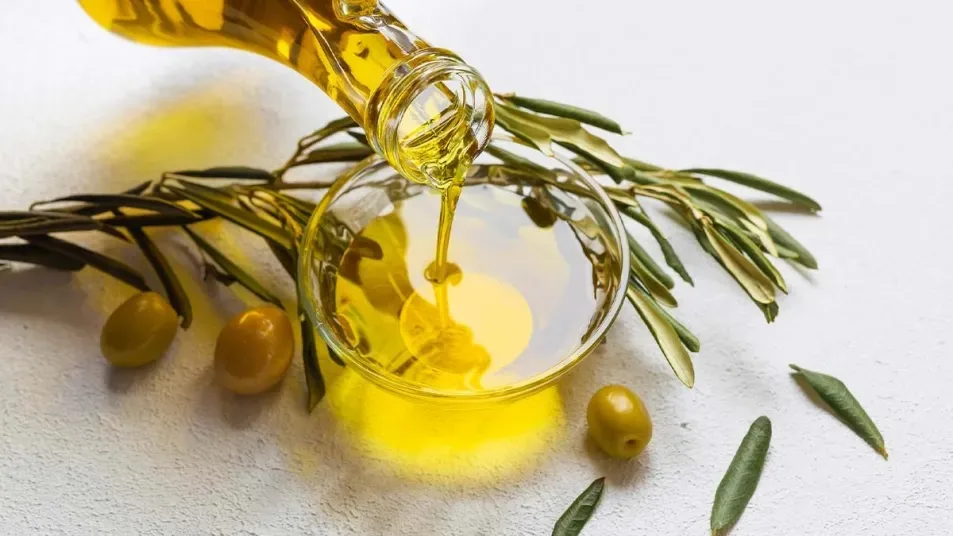Good news for consumers as improved harvest promises relief from soaring food costs.

Families struggling with rising food prices can breathe a sigh of relief: olive oil prices are expected to halve from their all-time highs, according to the world’s largest olive oil producer, Deoleo. This positive forecast comes after years of drought and extreme weather severely impacted harvests and drove prices to unprecedented levels.
Deoleo, the maker of popular brands like Bertolli and Carbonell, believes the worst of the weather-fueled crisis is over. The company predicts a significantly better harvest this season, leading to a 50% price reduction in the coming months. This is welcome news for shoppers who have seen olive oil prices double in some cases. UK figures from the Office for National Statistics show a 150% increase in olive oil prices since the end of 2021, contributing to the intense pressure on household budgets already strained by soaring mortgage rates and energy bills.
Deoleo’s chief sales officer, Miguel Ángel Guzmán, told CNBC that while high-quality oils like extra virgin are still experiencing price tension, the outlook is positive. He anticipates market stabilization and a gradual return to normalcy as the new harvest progresses and supply increases.
The International Olive Oil Council supports this optimistic outlook, predicting a better harvest for most olive oil-producing countries, including Spain, Greece, Portugal, and Tunisia. Reports from farmers in southern Europe, the region hardest hit by droughts, suggest Spain’s output will rebound significantly, from 850,000 tonnes last year to 1.4 million tonnes this year.
Mr. Guzmán expects wholesale prices to decline between November and January, continuing to fall well into 2025, assuming favorable weather conditions hold. This should translate to a drop in retail prices from the current highs of €9-€10 (£7.50-£8.34) per litre in Spanish supermarkets to around €5 (£4.17). As Spain produces 40% of the world’s olive oil and the Mediterranean region accounts for 80% of global supply, these price reductions are expected to have a global impact.

